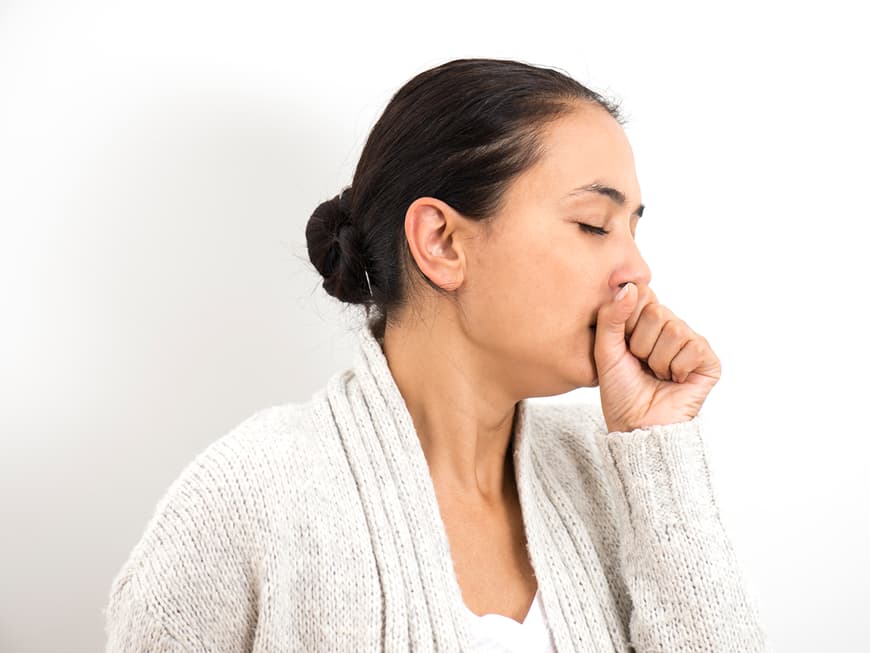The abbreviation comes from the English and means: C = chronic, i.e. lifelong, O = obstructive, i.e. narrowing the airways, P = pulmonary, i.e. affecting the lungs/airways, D = disease. Because the bronchial tubes are constricted in those affected, they find it harder to breathe.
Coughing with sputum, especially in the morning, and difficulty climbing stairs or other minor exertion are typical signs of this slowly developing disease. Anyone who is diagnosed with it should have their lung function checked. Because if COPD is not stopped, it will progress until the lungs are completely destroyed. The main risk factor for developing the disease is smoking. 15 to 20 percent of (ex-)smokers develop COPD.
One in three patients never smoked
But even those who have never smoked should not think they are on the safe side. Because one in three COPD patients is a nicotine abuser. Canadian scientists have now found out which factors promote the disease in non-smokers. They analyzed data from over 5,000 patients.
Risk of preloaded lungs
In general, it can be said that if the lungs are already burdened by other diseases, the risk of COPD increases. This correlation was clearest for asthma, which also increases the risk of COPD in smokers. Non-smokers who were hospitalized for respiratory diseases in childhood were also more likely to develop COPD.
Other risk factors were: Passive smoking and heating with coal or wood, especially if these forms of heating characterized their lives for more than ten years. COPD is less severe in non-smokers than in smokers. While 62 percent of smokers regularly struggled with moderate to severe shortness of breath, only 43 percent of non-smokers did so.








